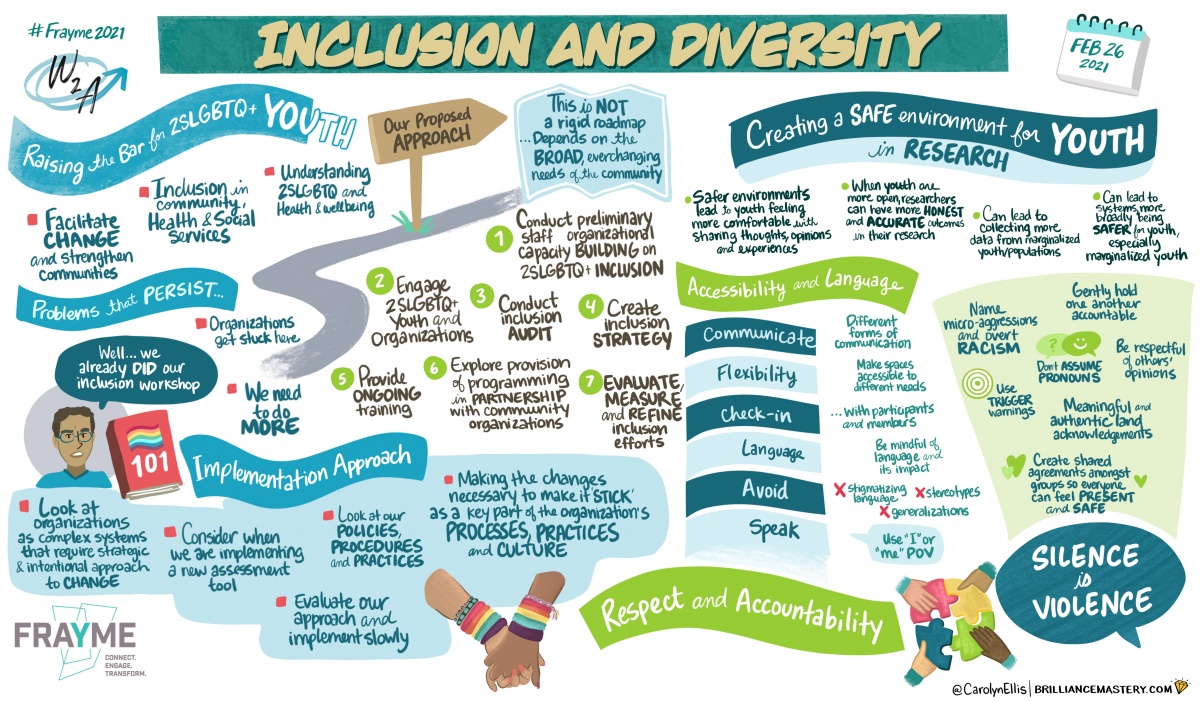This workshop will allow participants to explore strategies, tips and processes to improve the safety of the youth they work alongside. The facilitators will bring their experience of being panel members on the UBC Youth Research Advisory Panel to inform meaningful and actionable discussion around youth safety. This workshop will deep dive into topics including accountability, accessibility and positionality.
Presenters and slide deck
Jeanna Pillainayagam
Jeanna Pillainayagam is a second year student at the University of British Columbia. Jeanna is a volunteer with multiple healthcare and mental health organizations including Foundry BC, CMHA-BC, and Jack.org. She has previously worked on mental health projects with groups such as Anxiety Canada and the University of Northern British Columbia. She also has an extensive background in public speaking, and was named the Top Senior Public Speaker in BC in 2017. Jeanna is passionate about promoting mental health education and destigmatizing mental illness. She believes the UBC Youth Research Advisory Panel provides an excellent opportunity for young people to advocate for the needs of youth in terms of creating accessible, adequate, and appropriate mental health/substance use services.
Dan Nixon
Dan Nixon is currently a Youth Peer Engagement Coordinator with Foundry. Dan’s previous experience working alongside organizations in youth and community engagement includes the Government of British Columbia, jack.org, The UBC Faculty of Medicine and the BC School Counsellors Association. Dan has had more than 15,000 face to face interactions through his facilitation career. Dan always looks forward to opportunities and platforms allowing the discussion of robust and dynamic engagement practices.
Gurvaan Mann
Gurvaan is incredibly passionate about intersectionality and representation in research. As she has become more involved in research, she has recognized a large gap in the way many young people, specifically marginalized folks like Black, Indigenous and people of colour (BIPOC), are often engaged in research. She has found that there is consistently a lack of safety considerations made in research when engaging with BIPOC populations. To aid in facilitating more safety in research spaces, she has been intentional about exploring and learning ways to include the representation of marginalized folks in a safer manner. In many research spaces, she aims to prioritize and amplify the voices of marginalized folks, since their authentic experiences are often missing within research.
Gloria Cheung
Gloria Cheung is a member of the UBC Youth Advisory Panel from Richmond, BC. As part of the Panel, Gloria strives to bring a diverse perspective to youth mental health research by incorporating her personal experiences with mental health through her involvement in both the academic community and corporate sector. Previously, she served as part of CMHA BC’s Youth Advisory Committee, helping the team develop and improve the BounceBack program, an online CBT program, for youth. Gloria is currently a 4th year business student at Simon Fraser University, pursuing a BBA degree in human resources management with a minor in psychology while also working within the human resources department at a financial institution. During her free time, Gloria likes to dance and is currently part of a hip-hop training group based at Harbour Dance Centre in Vancouver, BC.
Alisha Daya
Alisha is currently a high school student and a member of YRAP. She’s most passionate about sparking genuine conversation and making a tangible impact on the lives of others.

Key Learnings
- Safety (and creating a safe-space) is vital to creating an environment where youth can meaningfully contribute to research.
- Accessibility, Language, Respect and Accountability are the pillars to create a safe space.
- Researchers should actively reflect on the pillars in order to help create safe spaces for youth in research.